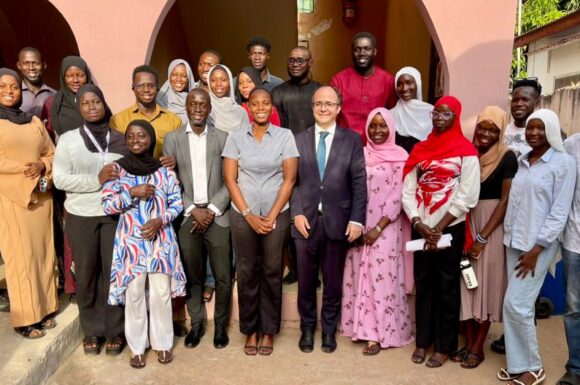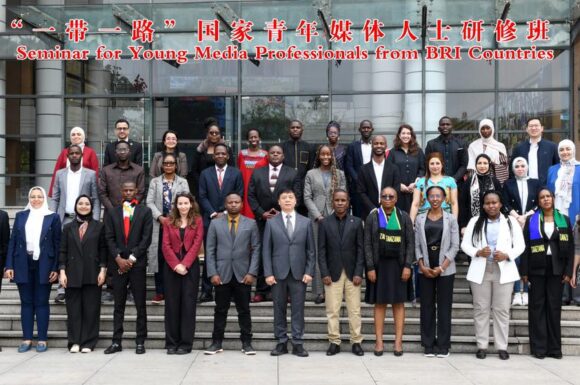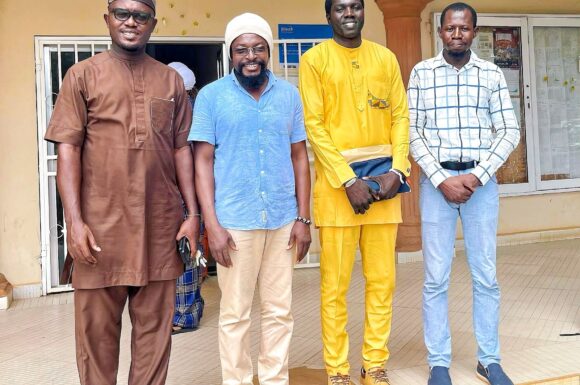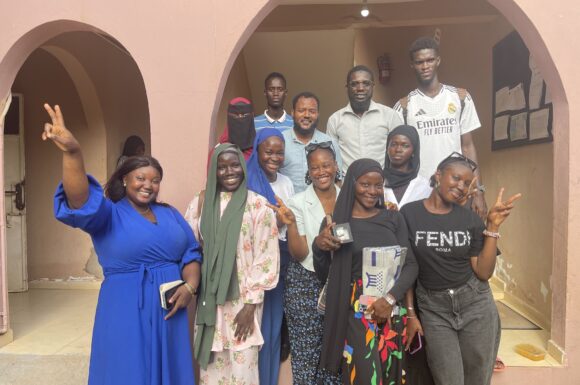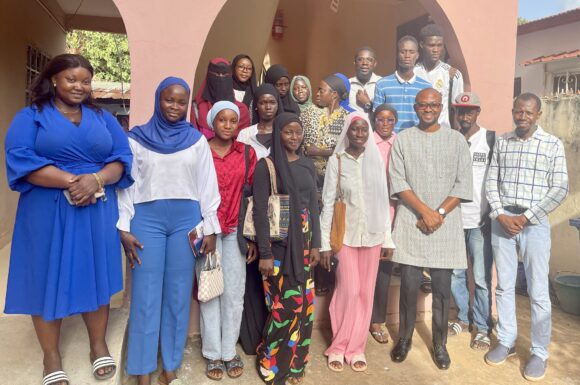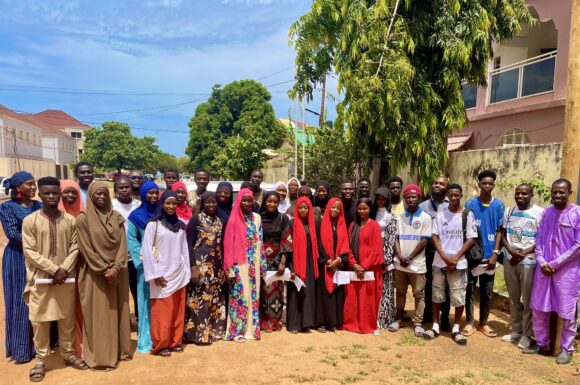Turkish Ambassador Praises MAJaC Students as “Bright People with Bright Energy” During Historic Visit
By Ebrima Mbaye The Turkish Ambassador to The Gambia, His Excellency Fahri Türker Oba, on
Zhejiang Normal University Hosts Seminar for Young Media Professionals from BRI Countries
By Ebrima Mbaye, reporting from China The much-anticipated Seminar for Young Media Professionals from Belt
Strengthening Ties: MAJaC and UTG School of Journalism Explore Enhanced Collaboration
Yesterday, our Director of Training James Badjie and Head of Journalism, Mustapha Ceesay met Professor
A Beautiful Gesture of Appreciation
Today, our Diploma 17 students surprised their English Language Trainer, Mr. Ebrima Correa, with a
Strengthening Media Integrity: Disinformation Toolkit Training at MAJaC
This afternoon, our students gathered at MAJaC for an insightful session on Disinformation Research and
MAJaC officially welcomes its newest students
Today, we officially welcomed the newest members of the MAJaC family! These bright, passionate individuals

